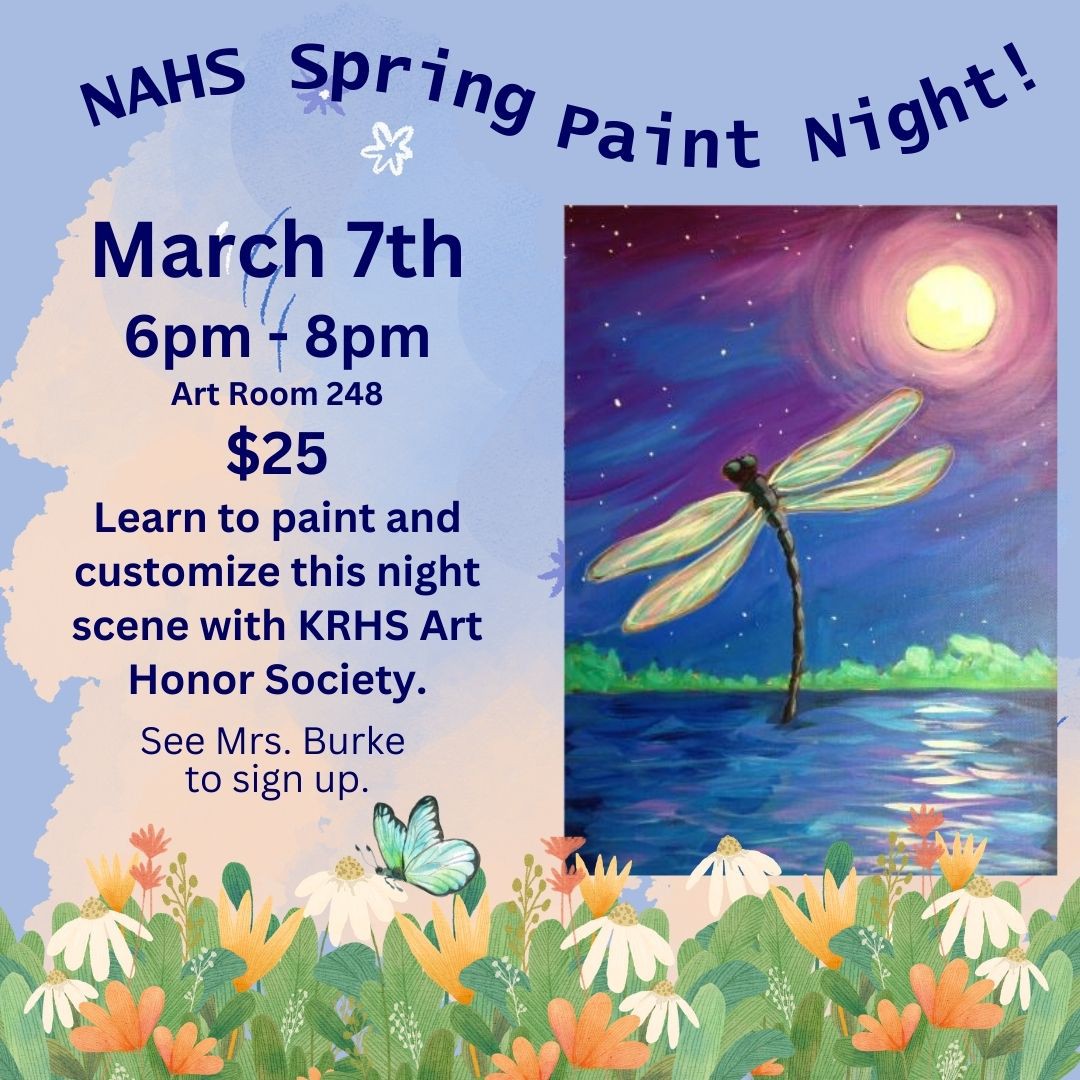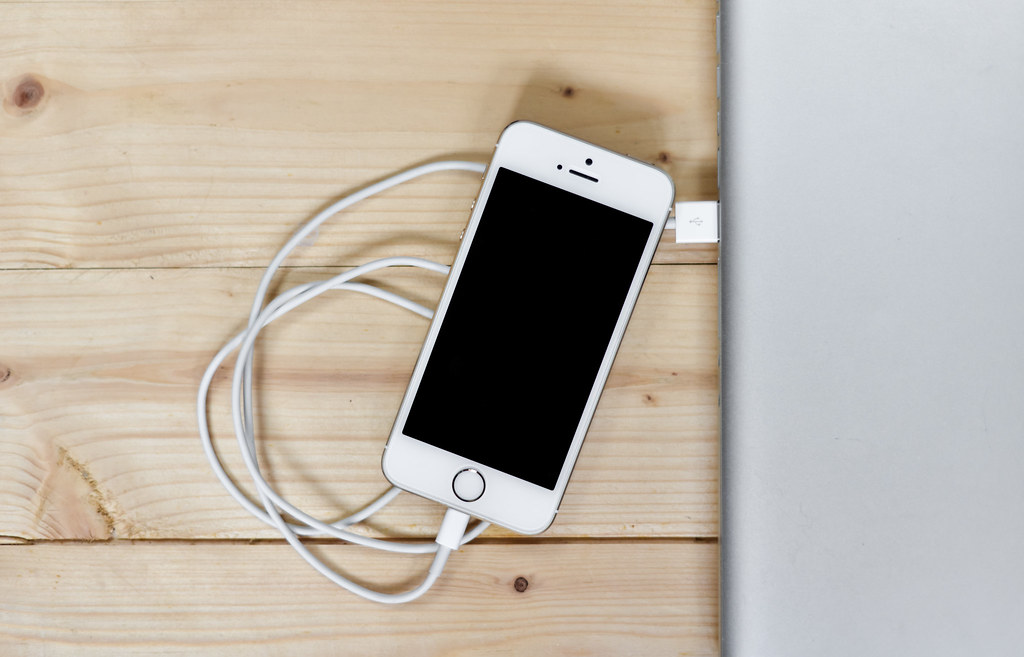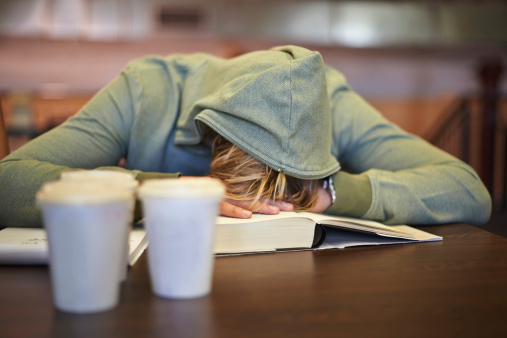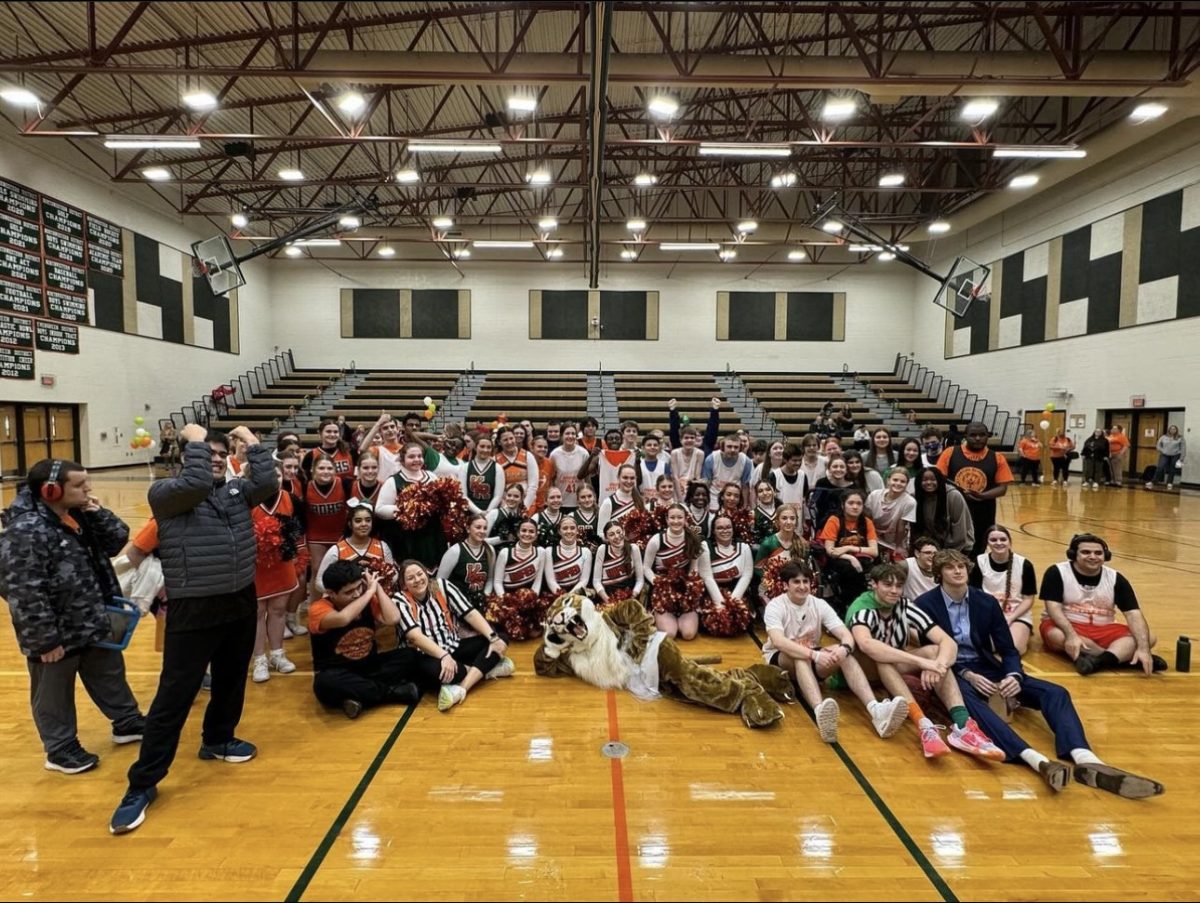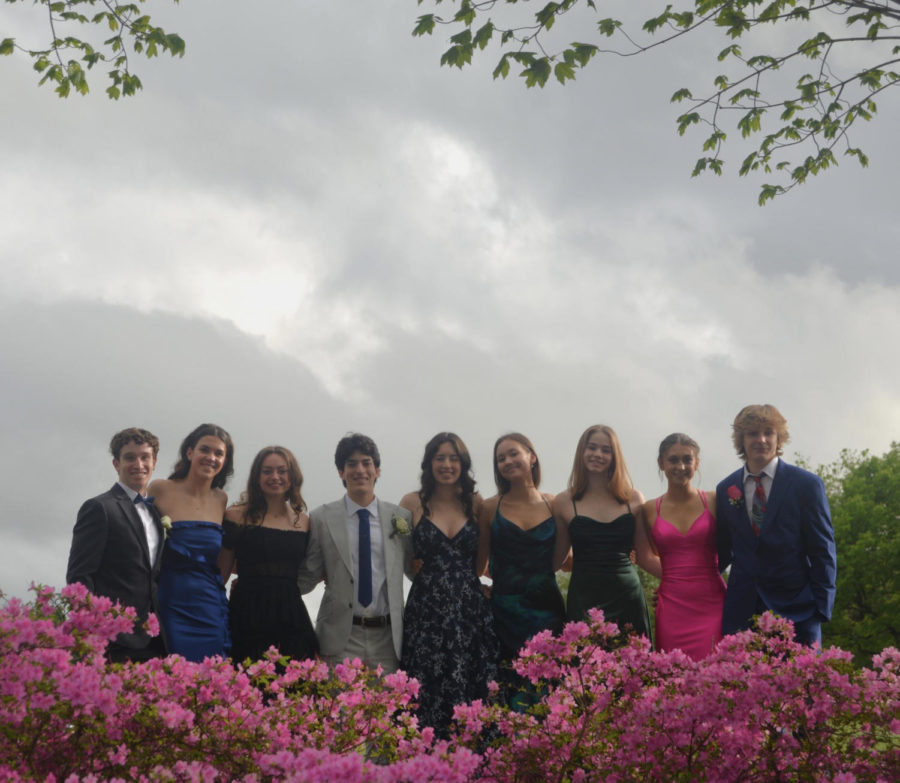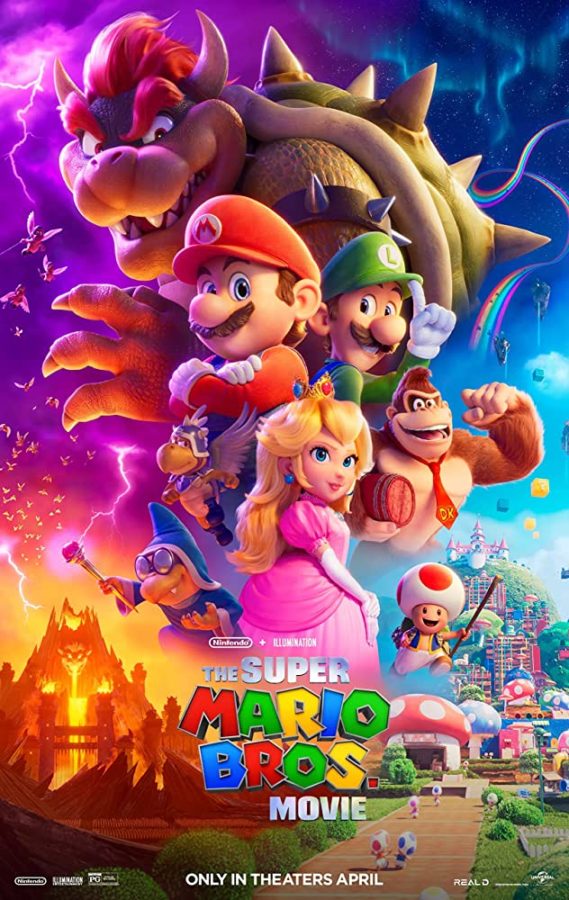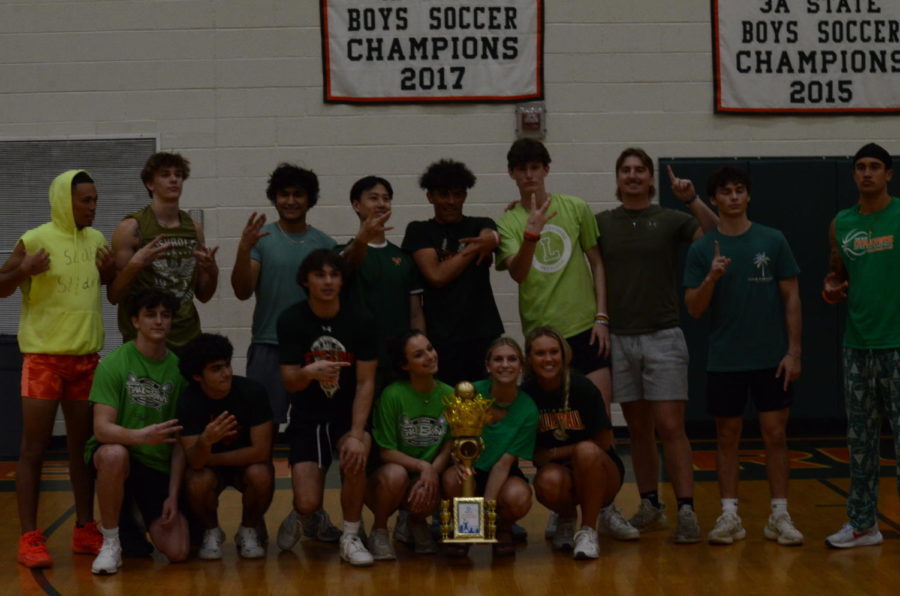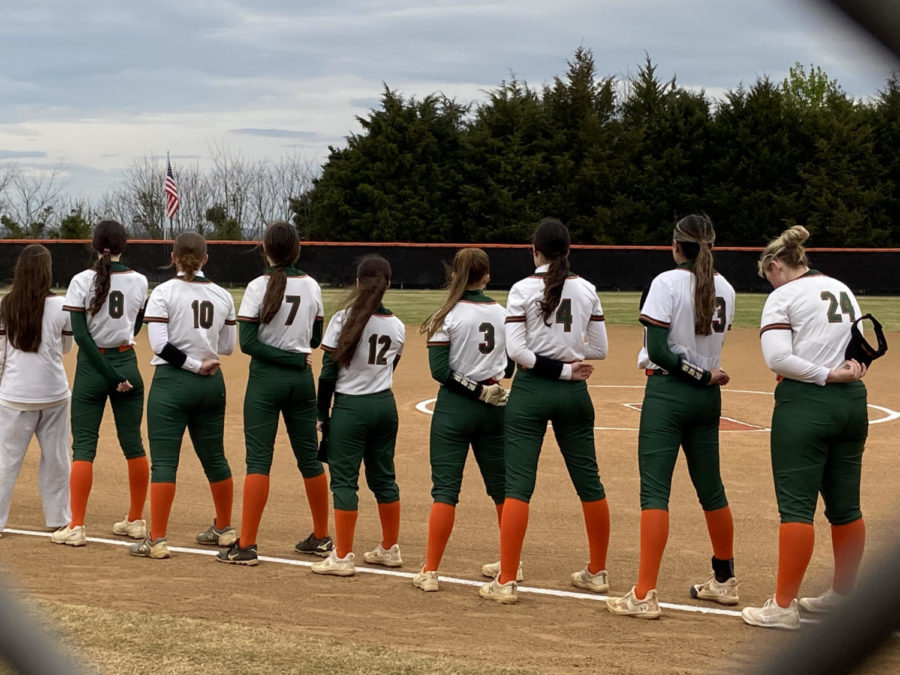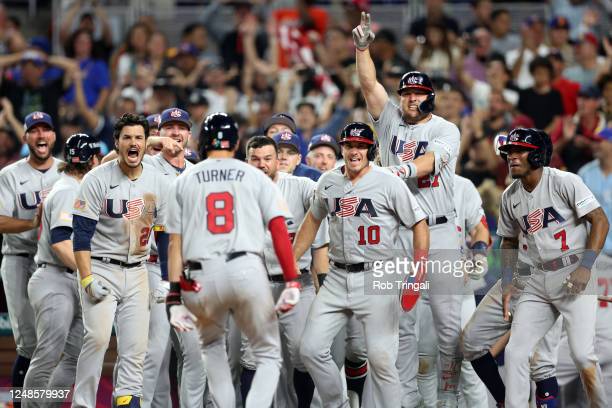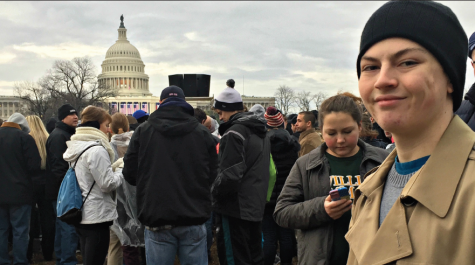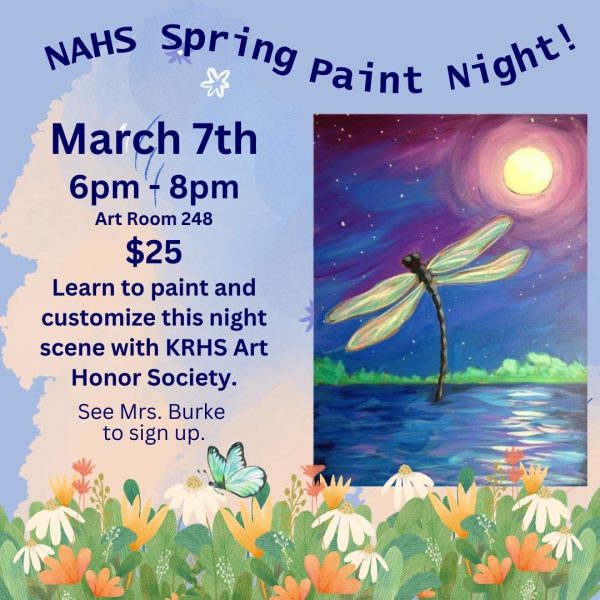Passing the Torch to Trump
The inauguration and the march that followed
February 1, 2017
Donald Trump is officially the 45th President of the United States. Trump’s inauguration was on January 20; this event became highly controversial and protests took place to stymie the inauguration.
Sophomore Reuben Brown attended the event. “I didn’t have many concerns,” Brown said. “If we had run into any protests we would have just avoided them.”
Since all inaugurations are considered high security events, the Capitol Police, FBI, Secret Service, and National Guard all worked vigorously to ensure that the inauguration was safe for everyone. Security was particularly tight for Trump’s election due to the prospect of protests. “We’re planning a series of massive, direct actions that will shut down the inauguration ceremonies and related celebrations,” read a statement released by protest group DisruptJ20 prior to the inauguration. Statements by DisruptJ20 and other groups like them had Trump’s security team on high alert, but the inaugural event went off without a single security hitch.
Junior Timothy Ryan supports Trump and was in Washington D.C. on the day of the inauguration. “I support President Trump because he is a doer; he’s not like some of our former presidents who are all talk and no action,” explained Ryan. “He represents many of my values that I believe the media has not shared so far.”
Fellow schoolmate, sophomore Max Stevenson also agrees with Trump’s campaign. “I was born and raised to believe in conservative values,” said Stevenson, a Trump fan since the beginning of the campaign.
While many people at Kettle Run support Trump there are some who do not. “I know that I have an unpopular opinion at school when it comes to not supporting Donald Trump,” said sophomore Madison Slevin. “I’ve sat in class and heard people talk about how great he’s going to be, but I can’t get past even one of the mean things he’s said about minorities and women.”
The Inauguration had a tough start selecting the entertainment; however, when January 20 arrived, the inauguration was fully staffed with a few unorthodox performers. The Rockettes, Mormon Tabernacle Choir, and Missouri State Chorale were only a few of the performers at the inauguration. The Rockettes’ agreement to perform was a social feat for Donald Trump, as their invitation to perform had been publicly declined by a few members of the elite dance squad. One Rockette went as far to anonymously state, “It’s a basic human rights issue.” While Trump’s inauguration was filled with performers, there were quite a few that declined his invitation. Among these were Elton John and Celine Dion, both of whom declined quietly in comparison to the Rockettes.
The number of people that were in D.C. the weekend of Trump’s inauguration was higher than previous inaugurations due to the marches and protests. Aside from the people that marched in the protests, there were some who were in D.C. hoping to catch a glimpse of the new President.
“We don’t have tickets to the inauguration; we are going to D.C. to see how close we can get to the actual event,” Brown said.
Hotels in D.C. catered to the protesters and raised prices for inauguration weekend. Some hotels charged up to $20,000 per night the week end of the inauguration.
Timothy Ryan was also in D.C. on January 20, “I did not have tickets [to the inauguration] but I wish I had.”
Protests followed the inauguration the night of January 20 and the day of January 21. On January 20, protests in D.C. turned violent when protesters began smashing the windows of buildings and cars that lined 12th Street. Police threw tear gas and smoke devices to disperse crowds in the street. The 12th street protest ended with six police officers injured and 217 protesters arrested.
The Women’s March on Washington was a peaceful protest that took place one day after the inauguration and gained a number of followers since the original Facebook post that started the movement. The Women’s March was the biggest protest in the city with 200,000 registered attendees and more than 300,000 unregistered attendees. Many famous women marched with the protest, Amy Schumer, Chrissy Teigen, and Emma Watson being only a few.
“The Women’s March on Washington will send a bold message to our new government on their first day in office, and to the world, that women’s rights are human rights,” the March’s mission statement said.
“The march on Washington to support women’s basic, human rights was one of the most empowering experiences of my life,” said Slevin, who attended the Women’s March in D.C. The Women’s March has been labeled as an anti- Trump protest by the media and many twitter users. To this, Slevin said, “This march wasn’t entirely anti-Trump, it was pro-women’s rights, but because Trump has said so many terrible things about women, why would anyone marching support him and march at the same time?”
Senior Kelly Fanning explained her reasons for attending the march, “I went to the march for a lot of different reasons,” Fanning said. “For me, it wasn’t about protesting Trump since I understand he is our president now and I respect that. I did join to show that there is a large portion of the population who care about certain issues that Trump’s administration could threaten such as Planned Parenthood, the environment, and protecting the rights of African Americans, immigrants, refugees, women, and anyone else who is afraid of what the presidency could do the them or their families.”
“I went to the march because I have serious concerns with the new President and his administration,” explained senior Emily Morrow. “I marched because I, like many other men and women, was offended by the comments Trump made about women, African Americans, Muslims, Latinos, mentally disabled people, the LGBTQ+ community, etc., and I am concerned that this administration will not do them justice.”
While marches and protests were televised and supported by many, there were others who did not agree with the marches.
“The protests and marches will have a negative impact on Trump’s first few weeks because most of them, even if they weren’t meant to, had anti-Trump supporters involved in them,” said Ryan. “I saw that President Trump tweeted the other day commenting on the Women’s March saying he respected the rights of the people to demonstrate their beliefs, even if he doesn’t believe in them himself.”
“I don’t have an opinion on the protests, but I don’t think they will impact the inauguration,” Brown said, “Trump knows what he wants to do.”
“I don’t think the protests will affect the presidency at all,” Stevenson said. “He [Trump] will still do what he has planned without any hesitation.”
The protesters who marched the week of the inauguration said they hoped to influence the new president by bringing their concerns to the forefront of his mind. While the Women’s March in D.C. was the largest, there were also women’s marches in France, Britain, and Kenya on the same day.

